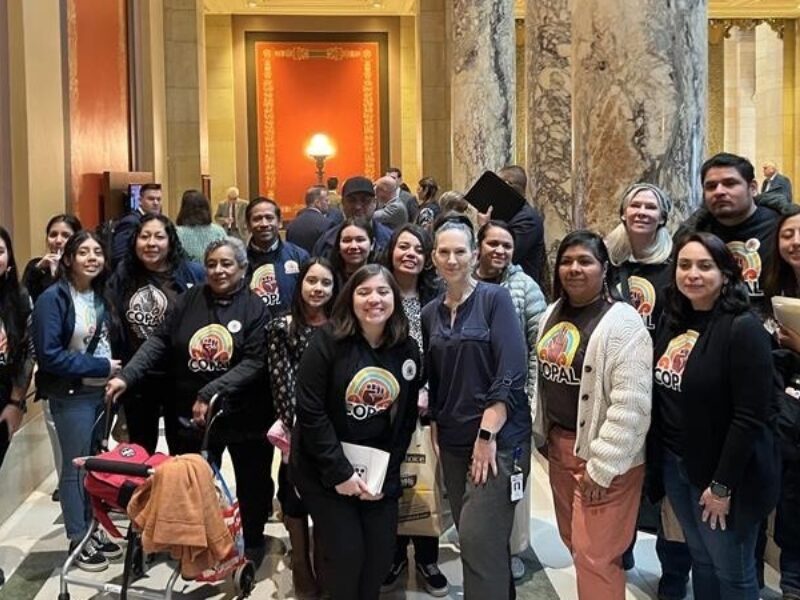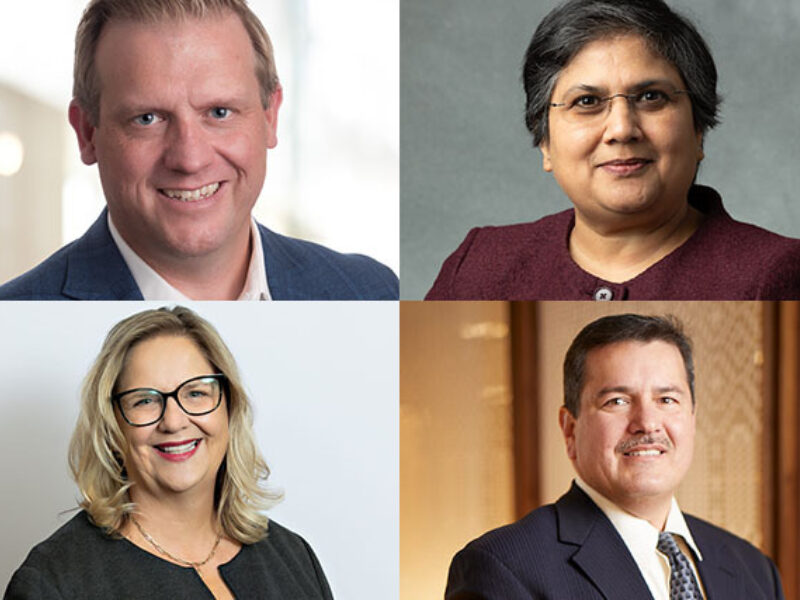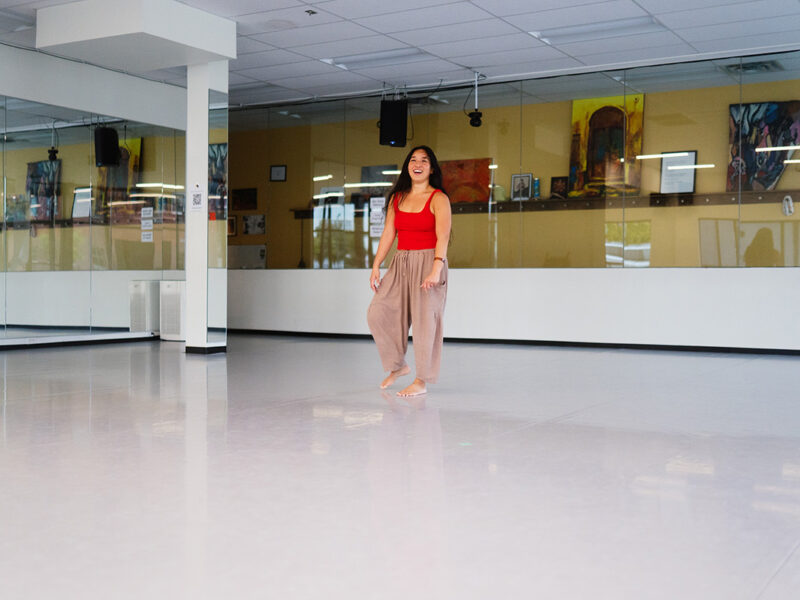In this guest blog post, Aziza Mama of the International Institute of Minnesota shares how the Institute supports newly arrived families from Afghanistan.
Ed. Note - The Foundation occasionally offers this platform for nonprofit leaders to share their thoughts on current events. This is a guest blog post written by Aziza Mama, who manages the refugee resettlement program at the International Institute of Minnesota. To learn more about the Institute and their work in our community, visit their website.
By Aziza Mama
The urgency of the work to welcome refugees from Afghanistan to Minnesota is clear, but if you are wondering what’s next, you are not alone.
Even resettlement agencies felt uncertain until early this month when the pieces began to fall into place. When are Afghan families arriving in Minnesota? How many people are arriving? Which programs, services and public benefits will be accessible given the fact the majority of Afghan refugees will not immediately have the same immigration status as other refugees?
We may not know all of those answers yet but at the International Institute of Minnesota, we, like many refugee resettlement organizations, know the answer to “how.” Since 1974, the Institute has welcomed more than 25,000 refugees to Minnesota.
Building a Solid Foundation
The Institute’s Refugee Services team helps families when they arrive, so they can meet their basic needs and build a solid foundation for what’s next. Success in the first 90 days of resettlement — especially in helping individuals and families meet their needs for stable housing and income — is critical.
Securing available, affordable housing, ideally before or on the same day families arrive, is often the first step. The faster we can find permanent housing for a family, the sooner kids can enroll in school, which sets in motion the schedule and location their parents can work. But, how does someone rent an apartment — especially one large enough for a family — with no income, no American rental or credit history and a Social Security card in progress? If that housing doesn’t provide reasonable access to jobs that pay a living wage, then what?
When clients first arrive, it’s overwhelming. But my colleagues and I are here to help. The Institute’s education programs, career pathways and immigration services play a major role, too. Weeks, months and sometimes years later clients will return to find a better job, enroll in our nursing pathway, prepare for college or apply to become a U.S. citizen.
“Success in the first 90 days of resettlement — especially in helping individuals and families meet their needs for stable housing and income — is critical.”

Increasing Refugee Arrivals
At the same time we support newly arrived families from Afghanistan, all of Minnesota’s five refugee resettlement agencies will see major growth in refugee arrivals this year. The Institute is preparing to resettle as many as seven times as many people as it did last year. Donation drives, volunteers and contributions to welcome refugees and support their immediate and long-term goals are important and urgent.
To learn more about the programs of the International Institute of Minnesota and the ways we support newly arriving refugees from Afghanistan and around the world, visit our website.
Ed. Note - If you would like to support newly arrived families, visit the Institute's website or the GiveMN page for Operation Allies Welcome in Minnesota, a public-private statewide partnership to help our newest neighbors access safe lodging, healthy meals, legal services and resource coordination immediately upon arrival.









